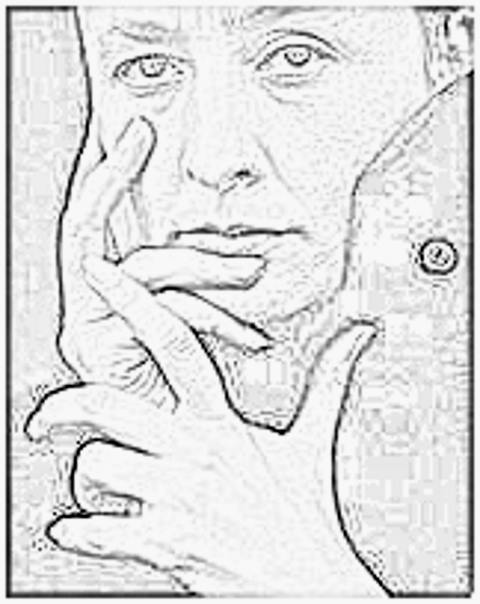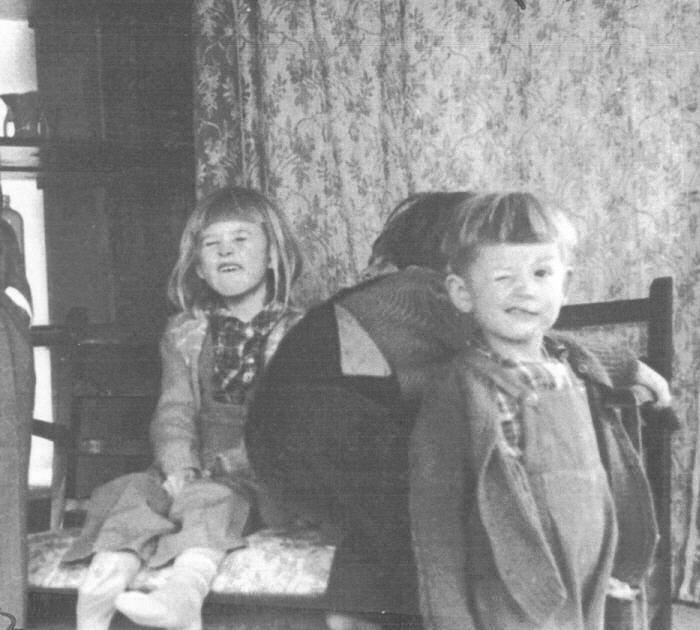
A Memoirist Manifesto
What is memoir?
The standard answer would be: it’s the story of your life.
A slightly more nuanced answer might be: it’s a story from your life.
Both these descriptions seem flawed to me. Both suggest that a memoir is about the person writing the memoir. I have to say, I don’t think of memoir-writing as a writer saying, “Hey, world, look at me!”
I think of it as a writer saying, “Hey! You out there! I think we’re living in the same world. Here’s what I see through my window. Is it anything like what you see?”
I would call memoir a literary genre in its own right, parallel to such forms as fiction, poetry, and journalism. Memoir can be about anything, just as fiction , or poetry, or journalism can be about anything. What marks a piece of writing as memoir isn’t its topic but how it’s dealing with that topic.
Here’s what I picture when I think of memoir. I picture a bunch of folks sitting around a campfire, trading stories about things they’ve done and seen, and what they’ve been thinking about of late. They’re not trading reports, they’re telling stories. but “stories” doesn’t mean they’re making stuff up. Memoir is the genre where Life and Story meet. It’s the alternative to walking past one another without noticing.

Life and Story are both essential to making this genre what it is. Memoir is important precisely because it proceeds from the assumption that the story is already there inside the facts (or perhaps, more accurately, that the facts are inherently inside a story.) The memoirist’s mission is not to invent something but to discern something. Altering the facts to make it “a better story” might in fact make it a better story; but it also makes it something other than memoir.
What I’ve found, as a memoirist, is that in practice adding or changing selected facts don’t necessarily make it a better story. The one that’s already there might be better than any story I could make up. That might not be true for you, but in my case, my job seems to be to get rid of everything that’s in the way and shine the light right where it needs to shine, so that other people can see the story I’m seeing. A memoir writer is fully entitled to use all the tools that language offers to deliver the story that’s really there as effectively as possible. Crack jokes? Why not. Reach for metaphors? Sure. Break into rhyme? Go for it, memoir writer. Whatever works, as long as you keep it real.
Keeping it “real” is essential to the project that is memoir, because memoir is crucial to the project that is human life. We homo sapiens inhabit a single world, but it’s a world that none of us can really know, because none of us can see the whole of it. We need other humans and their real life stories to even guess what’s really out there in the darkness just beyond the light from our campfire.
“The universe is real, but we can’t see it. We have to imagine it.”
Alexander Calder
Fundamentally, then, as memoir writers, we’re not telling other people about ourselves. As we drive our lives through the world, we’re telling other people what we see through our windshield. The view from where we are is the only window any of us have on the world. But that is also a view that nobody else has; that others can’t know about it unless we tell them. What we’re doing when we sit around the campfire sharing our real-life stories is: we’re building a picture we can share of the world we’re really in. Does it matter if the picture matches what’s really out there? You bet your ass it does. Because the world is out there. It really is.

How’s it look from where you are?